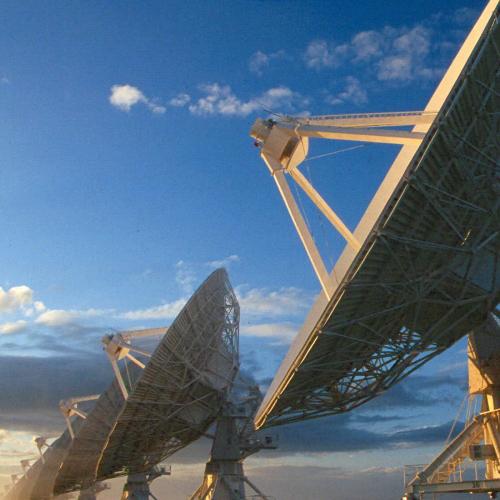Openings at ME
Advanced near-infrared technology for 3D image sensors
Opening for: PhD studentStatus details
| Status: | Closed |
|---|---|
| Announced: | 15 Jun 2021 |
| Duration: | 4 years |
Distance or proximity measurements & 3D imaging is very important in several applications: robotics, automotive, 3D machine vision applications, etc., to name a few. Furthermore, for outdoor applications, near-infrared (NIR) wavelength is useful to minimize the influence of direct sunlight & provides eye safety.
In this project, we will investigate a highly sensitive, i-TOF image sensor working in the NIR. This project involves very interesting challenges that need to be studied & overcome: design of fast, sensitive pixels; investigation of noise minimizing techniques; developing an efficient way to test these image sensors, etc., to name a few.
For a sample of the topic, the interested candidate may refer to the papers listed below:
- S. Lee et al., “A Time-of-Flight Range Sensor Using Four-Tap Lock-In Pixels with High near Infrared Sensitivity for LiDAR Applications,” Sensors, Vol. 20, No. 1, pp. 116(1)-116(17), 2020
- B. Rodrigues et al., ‘‘Indirect ToF pixel integrating fast buried-channel transfer gates and gradual epitaxy and enabling CDS,’’ Proc. IISW, pp. 266–269, 2017
- F. Acerbi et al., "Optimization of pinned photodiode pixels for high-speed time of flight applications," IEEE Journal of the Electron Devices Society, Vol. 6, pp. 365-375, 2018
We are looking to fill a PhD position (4 years). As a PhD researcher, you will be part of the CMOS image sensors research group, Electronic Instrumentation Laboratory. You will be supervised by Assoc. Prof. Padmakumar Rao, under the support of Prof. Albert Theuwissen. This work involves mathematical modeling, device physics simulations, pixel & readout chain layout, as well as characterization of the image sensor.
Requirements
You should have the following qualifications:
- MSc. Degree in Microelectronics or similar
- Knowledge of semiconductor device physics & process
- Affinity with mathematical modelling
- Ability to use a mathematical software of choice for computation & analysis
- Fluent communication skills in English, both written and oral.
Contact
prof.dr. Albert Theuwissen
Parttime Professor
Electronic Instrumentation Group
Department of Microelectronics
Additional information
In The Netherlands, almost all PhD positions are linked to funded research projects. This has several implications:- PhD students are employed: they receive a salary rather than a grant. Most projects have a duration of 4 years.
- Positions become available once a project is funded. This can happen at any time during the year.
- It typically takes 6 to 9 months for a project proposal to receive funding. In this period, a position may be anticipated but the outcome remains insecure. Once a project is funded, the open position needs to be filled as soon as possible.
If you are interested in our research, it merits to inquire whether openings will be available. We collect resumes of prospective PhD students throughout the year, for each of our research tracks.
General requirements
We make our selection based on the following general requirements:- Formal requirements regarding prior education: you should have earned an MSc degree at a recognized institute for higher education.
- Background: you should have a background that fits the requirements of the project
- Excellence: your Grade-Point-Average should be above 8 (10). Also your MSc thesis should have received a grade above 8 (10).
- English: you should be able to communicate well in english (written and oral). Provide TOEFL/IELTS scores if available.
- Originality: your MSc thesis or later work (publications) should reflect some original ideas. Critical and independent thinking is very important.
- Team player: you should be able to work well in a team of other project members.
